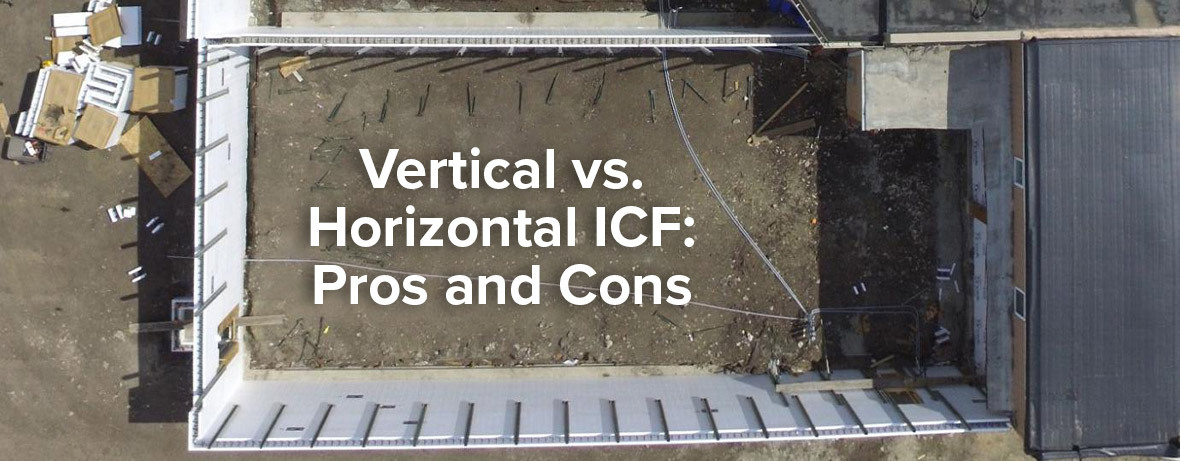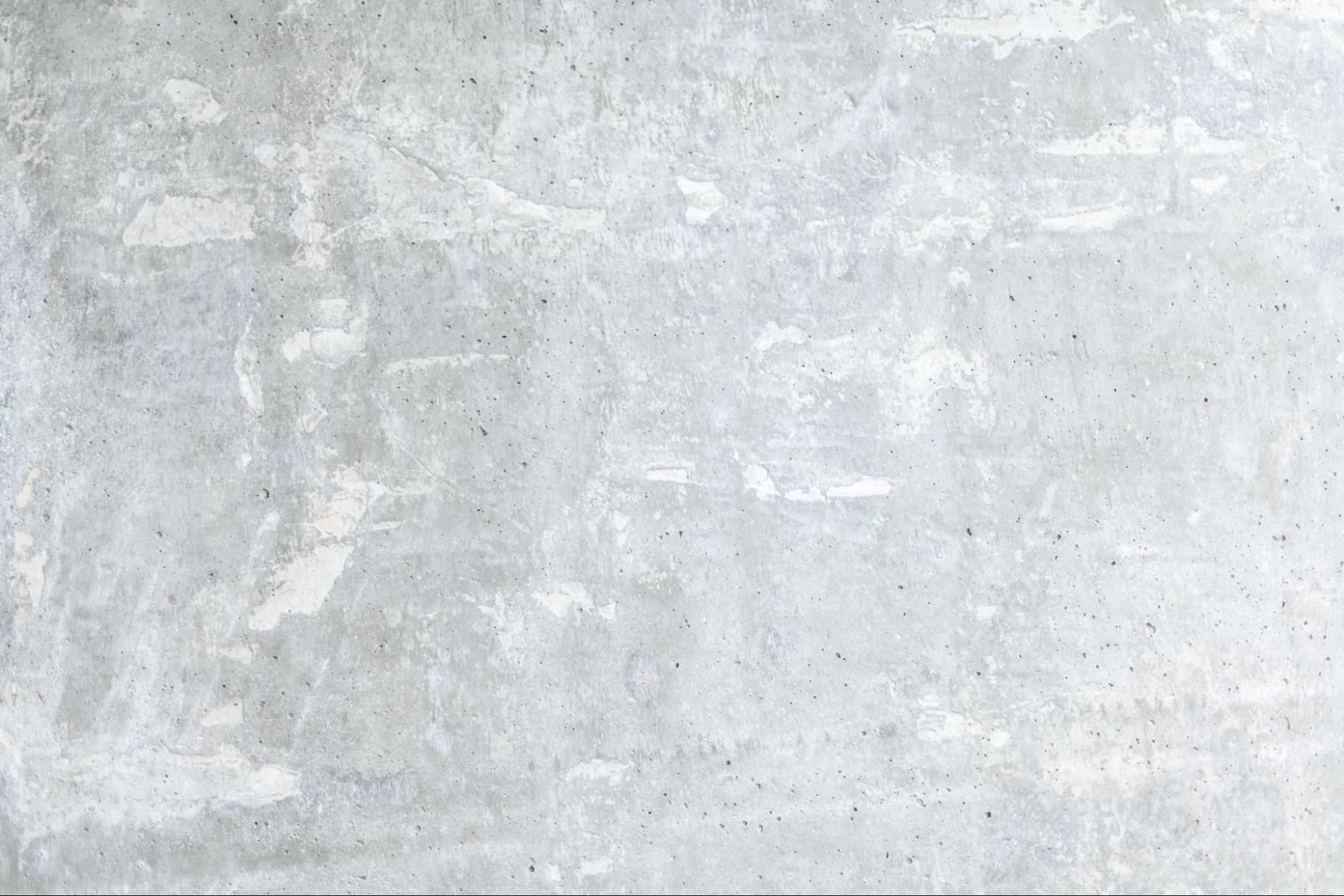
What is the R-Value of Concrete? How to Maximize Wall Insulation with ICFs

How to Build a 4-Hour Fire Wall: Thickness, Materials, and Assembly

Waterproofing Below-Grade Insulated Concrete Forms

Vertical vs. Horizontal ICF: Pros and Cons
Both vertical and horizontal ICFs construction create moisture- and disaster-resistant walls with excellent R‑values. But which is the better ICF wall?

The Advantages of ICF over CMU Construction
Concrete masonry units (CMU) and insulated concrete form (ICF) walls have several features in common: energy-efficiency, durability, and good indoor environmental quality (IEQ). However, ICF is quicker and easier to install compared to CMU, which saves time and money.

What is the Optimal Foundation Wall Thickness?
A concrete foundation wall’s thickness plays an integral role in its long-term strength and durability. Local building codes mandate the foundation specifications, addressing conditions that affect the foundation thickness.

Acoustic Performance of Concrete Construction with Insulated Concrete Forms (ICFs)

The Best ICF Pool Coating Options
Fox Blocks and Menards Promote Storm Safe Homes
Our insulated concrete forms are solid monolithic walls and withstand the worst of rainstorms, fires, and high winds — including tornadoes.

How to Choose a 1-Hour Fire-Rated Wall Assembly